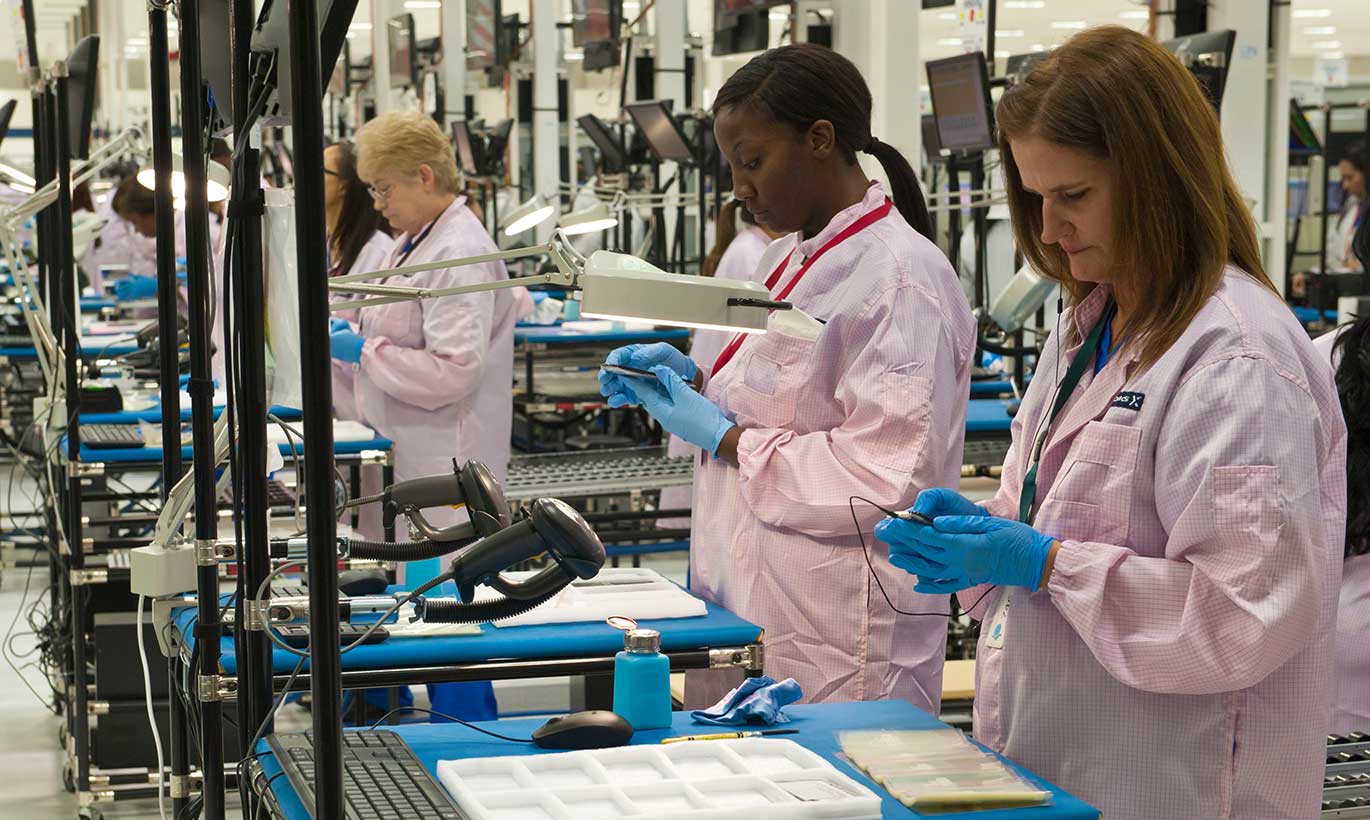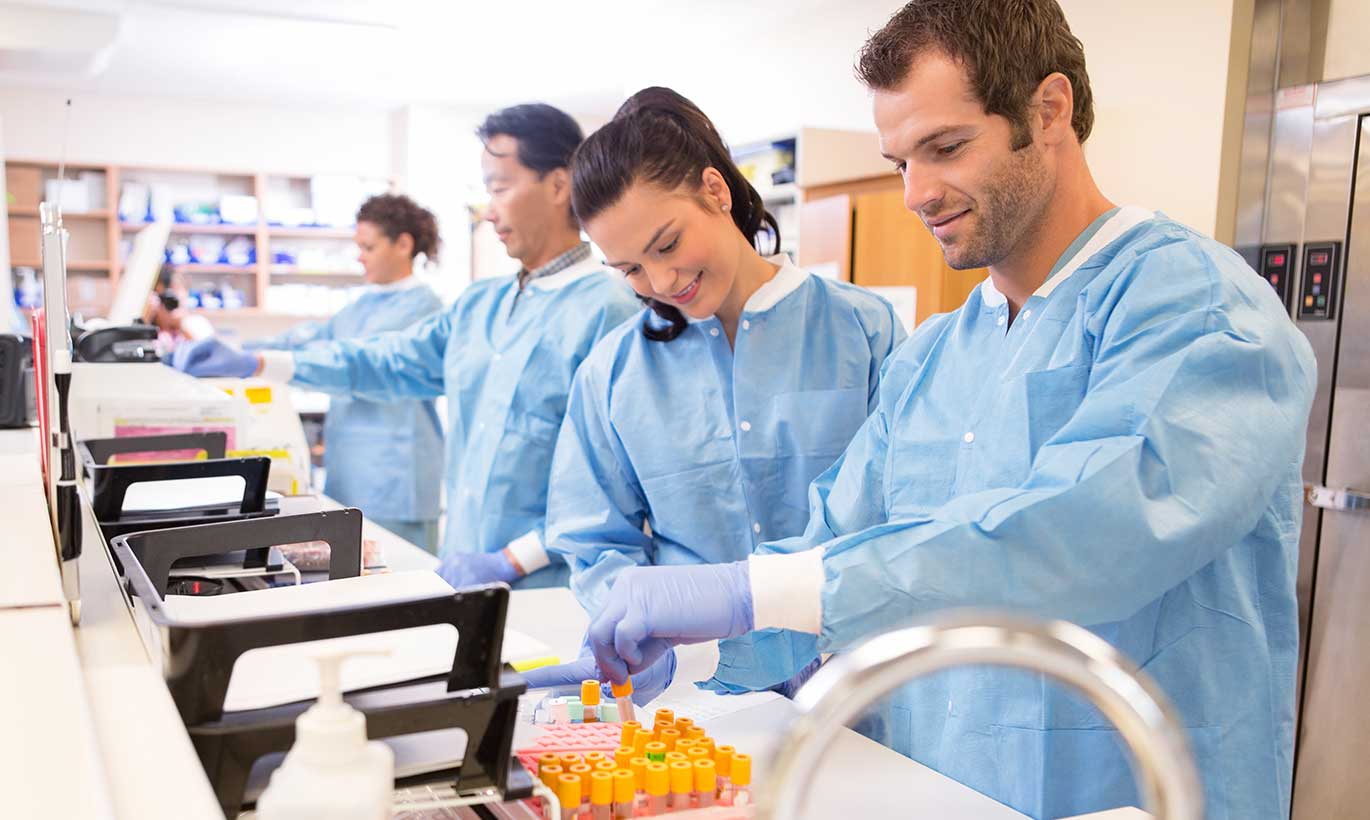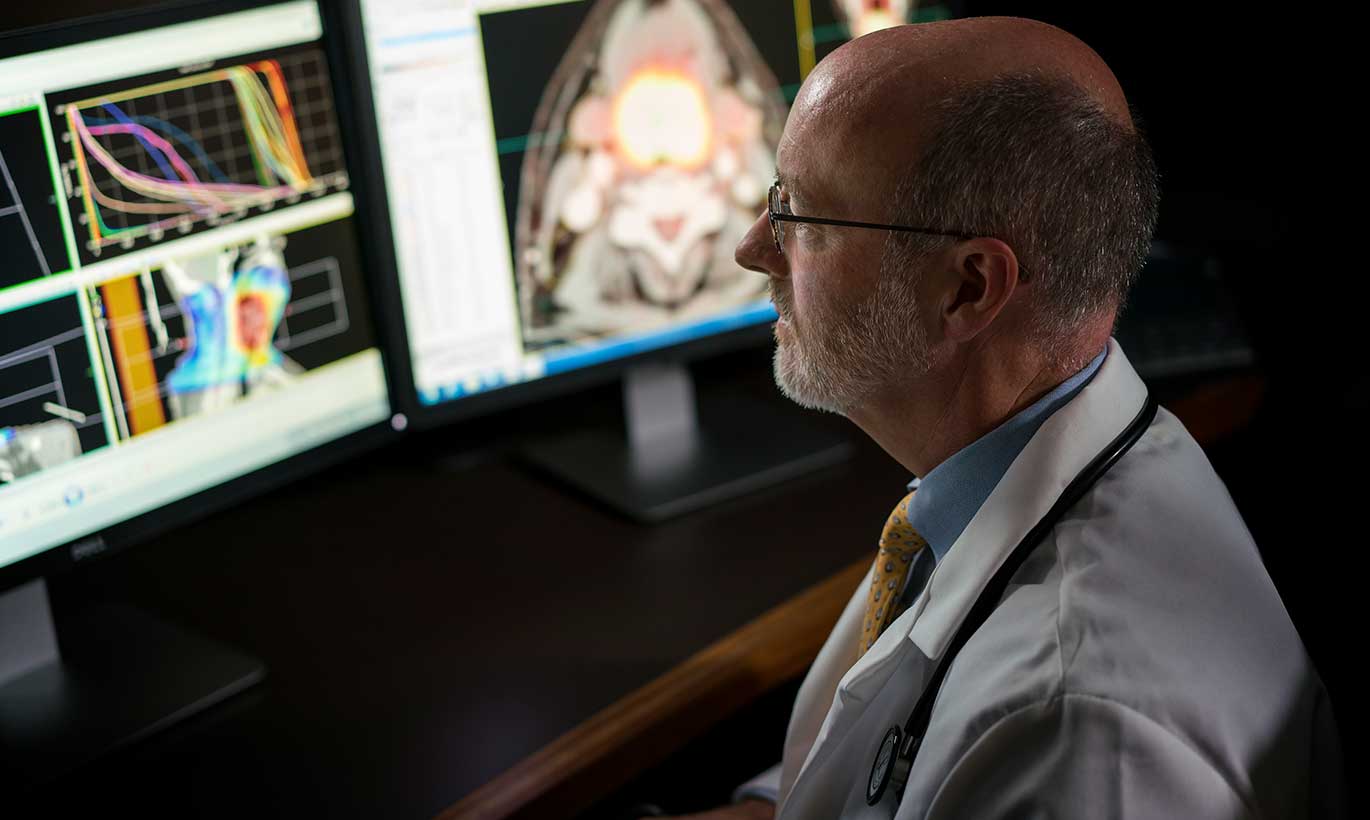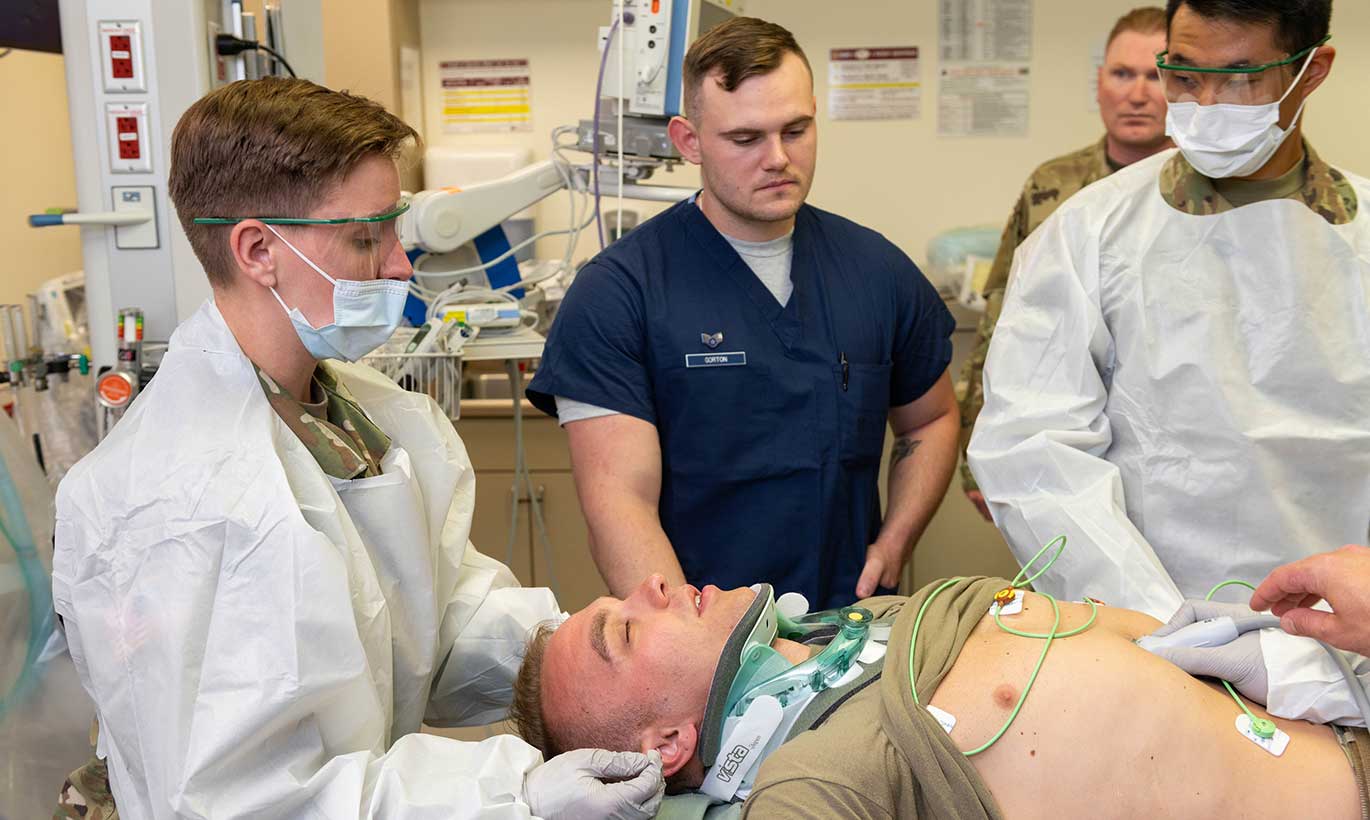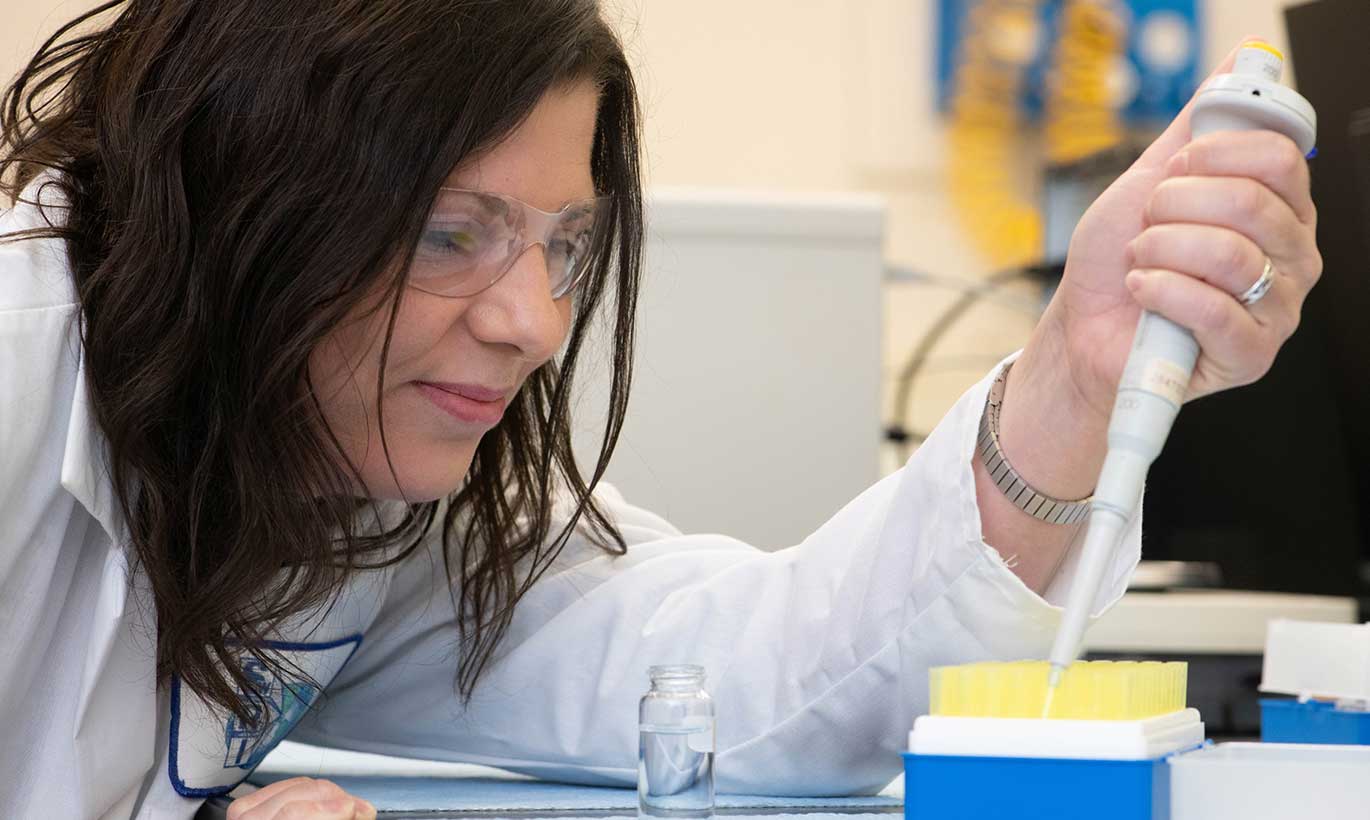Texas stands at the forefront of biotechnology and life sciences innovation, offering a dynamic ecosystem that attracts global leaders and fosters groundbreaking research.
The biopharmaceutical industry in Texas contributes approximately $95 billion in economic output, underscoring its vital role in the state’s economy. With over 7,400 life sciences and biotech firms operating statewide, the industry employs more than 116,000 professionals, reflecting a robust and growing sector.
Whether it’s next-generation cancer therapies, neurotechnology, or precision diagnostics, biotech in Texas is making an impact on a global scale.
Companies like Merck, Kimberly-Clark, Caris Life Sciences, and Salarius Pharmaceuticals exemplify the state’s strength across research, diagnostics, and therapeutics. The Texas Medical Center in Houston, the world’s largest medical complex, continues to be a beacon of medical innovation.
From the Temple Health & Bioscience District to emerging clusters in Houston and Austin, Texas offers unparalleled opportunities for biotech and life sciences enterprises.
Biopharma Innovation in Texas
Texas is a national leader in biopharmaceutical innovation, backed by federal investment, cutting-edge research, and strong academic-industry partnerships.
ARPA-H Hub in Dallas
Dallas is home to one of just three national ARPA-H hubs, part of a $2.5 billion federal initiative to fast-track biomedical breakthroughs targeting cancer, Alzheimer’s, and more. The hub collaborates with Austin, Houston, and San Antonio to leverage Texas’s diverse population and advanced healthcare infrastructure.
Brain Health Leadership in Houston
A $3 billion bipartisan effort is underway to establish the Dementia Prevention and Research Institute of Texas (DPRIT), modeled after CPRIT. Backed by Rice University, UTMB, and Texas Medical Center, this initiative positions Houston as a global center for brain health and dementia research.
Cancer Therapeutics Accelerator
The Texas Medical Center Innovation’s 2025 Accelerator for Cancer Therapeutics supports over 50 startups advancing immunotherapy, diagnostics, and targeted cancer drugs through mentorship and grant-writing support.
Matica Biotech + Texas A&M
Matica Biotechnology and Texas A&M’s National Center for Therapeutics Manufacturing are partnering to provide full-spectrum support for cell and gene therapy development, from research to commercialization.
These initiatives showcase why the Texas biotechnology industry is positioned at the forefront of global health innovation.
Texas Biotech Workforce
Texas boasts a dynamic and expanding biotech workforce, supported by a network of educational institutions and training programs:
- Educational Initiatives: Programs like the BioPath Career Program in Houston introduce middle and high school students to biotechnology careers through hands-on experiences.
- Workforce Development: The National Center for Therapeutics Manufacturing Satellite Campus (NCTM2) at Pegasus Park in Dallas serves as a hub for biomanufacturing research and workforce training.
- Industry Collaboration: Organizations like the Biotechnology and Healthcare Industry Alliance of North Texas (BHIANT) focus on workforce development and industry partnerships to meet the growing demand for biotech professionals.
Through workforce grants, STEM initiatives, and strategic partnerships, biotech education in Texas is adapting to meet industry demand at scale.
Highlighting Regional Biotech Hubs
Texas’s life sciences economy is driven by specialized regional hubs—each advancing innovation through partnerships among universities, industry, and research institutions. From cancer breakthroughs in Houston to medical tech in Austin, these clusters fuel statewide growth.
- Houston is anchored by the Texas Medical Center, the largest medical complex in the world. It serves as a global leader in cancer research, genomics, and regenerative medicine, supported by institutions like MD Anderson, Rice University, and Baylor College of Medicine.
- Dallas-Fort Worth continues its rapid ascent as a biotechnology hub, driven by the launch of the ARPA-H health innovation site and assets like Pegasus Park, BioLabs, and UT Southwestern.
- Austin is undergoing a dramatic transformation into a life sciences powerhouse. Fueled by a blend of innovation, research talent, and cross-sector collaboration, the city is rapidly growing in MedTech, biotechnology, and advanced manufacturing.
- San Antonio generates more than $44 billion annually through its bioscience and healthcare sectors. The city is home to major players like the Texas Biomedical Research Institute and a robust military medical community, including the Brooke Army Medical Center (BAMC), advancing infectious disease research and trauma care.
Together, these regional powerhouses fuel Texas’s rise as a national and global leader in biotech and life sciences innovation.
Top Biotech & Life Sciences Companies in Texas
Life science companies in Texas include a vibrant mix of multinationals and fast-scaling innovators:
- Kimberly-Clark and Celanese, both headquartered in Irving, continue to lead in healthcare products and performance materials.
- Merck has strengthened its Texas footprint with a digital health innovation office in Austin. The company also expanded its oncology portfolio by acquiring Dallas-based Peloton Therapeutics, known for developing targeted cancer therapies.
- Caris Life Sciences in Irving is advancing molecular diagnostics and AI-powered cancer detection.
- Paradromics, based in Austin, is pioneering brain-computer interfaces to treat severe neurological disorders, such as ALS, stroke, and traumatic brain injury.
- Salarius Pharmaceuticals in Houston is developing epigenetic therapies targeting rare and pediatric cancers.
- GENAC (San Antonio), the Genomic and Experimental Neurobiology and Aging Center, combines genomics, neurobiology, and aging research to accelerate drug discovery for neurodegenerative diseases.
- Celltex Therapeutics, based in Houston, specializes in regenerative medicine using adult stem cell therapies.
- Mirna Therapeutics (Austin) is a clinical-stage biopharmaceutical company developing microRNA-based oncology therapeutics.
These organizations reflect the depth of life sciences sector in Texas, from bench science to clinical application.
Build Your Future in Texas
Whether you’re a Fortune 500 biotech firm or an emerging startup, Texas offers an unmatched foundation for growth. Biotech firms in Texas benefit from:
- Low energy costs and an energy-rich grid with a strong renewable mix.
- An advanced logistics network with 23 seaports, 35 foreign trade zones, and the most miles of freight rail and highways in the nation.
And with programs like the Texas Enterprise Fund and customized job training via the Skills Development Fund, companies can scale faster and smarter in the Lone Star State. Learn more about the Texas business climate and explore the vibrant business sectors in Texas to see why Texas is where so many companies are choosing to Go Big.

